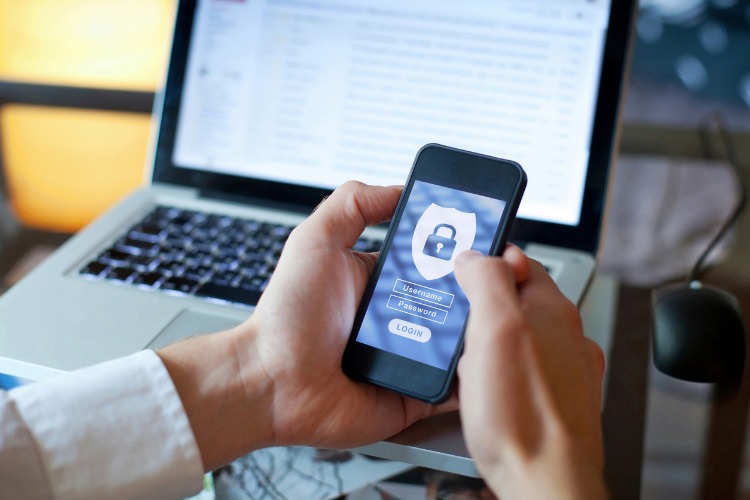Cybersecurity Made Easy: Simplifying Account Protection
Keeping your online accounts secure has become crucial in today's digital environment. But what's this? It's not as difficult as it first appears. You can safeguard your accounts from terrible online attacks by following a few easy actions. Let me give you a few quick ideas to make account protection simpler.
Create Strong, Unique Passwords
To begin with, forming solid, unique passwords is the bedrock of account safety. These resemble your digital home's keys. How do we make sure our passwords are strong enough then? Therefore, a good password should mix capital and lowercase letters, digits, and special characters. Avoid using common words, private information, or patterns that are simple to decipher (such "123456").
How am I supposed to remember so many complicated passwords, you might wonder. Password managers can help in this situation. You don't have to worry about forgetting passwords because they generate and securely store complex ones.
Add Two-Factor Authentication (2FA)
Think of 2FA as an additional lock for your online residence. By requiring a second stage of verification, typically a code texted to your mobile device or created by an authentication app, this method offers an extra degree of protection. Even if a cunning individual were to acquire your password, they would still require the extra verification if you use 2FA.
Regularly Update Your Software
Updates to software are now next. They are really vital, but we frequently ignore them. Consider them an improvement to your digital home's security system. Important security patches that fix holes and defend against known threats are part of these upgrades. Enable automatic updates when you can, as it simplifies things and ensures your security is always top-notch.
Be Wary of Phishing Attacks
Phishing assaults are another thing to be wary about. These resemble online scam artists who attempt to fool you into providing your personal information or login information. They frequently pose as representatives of reliable organizations in order to trick you with shady emails, messages, or phone calls. Before supplying any information, always double-check the source and avoid clicking on any dubious links or downloading anything.
Limit the Sharing of Personal Information
Regarding information, exercise caution while posting anything online, especially on social media. Avoid giving out too much info, like your full name, address, contact number, or financials. To limit who can view your personal information, check your privacy settings on social media sites.
Use Only Secure Networks
Always strive to connect to the internet over secure and reliable networks. While free public Wi-Fi may seem convenient, it can expose your digital home to prying eyes. Consider using a Virtual Private Network (VPN) to establish a secure, encrypted communication channel if you must utilize public Wi-Fi.
Monitor Your Accounts Frequently
It's a good habit to periodically check the activities of your accounts, just like you would with your real residence. It aids in identifying any atypical or illegal transactions. Report anything suspicious to your service provider or bank right away if you notice it.
However, it doesn't end there! For the purpose of preventing unwanted access, each account needs a strong password that is different from the others. Therefore, finding the best password manager for Mac can be an invaluable step in bolstering your digital security. The Mac system is one of the more secure systems, but it is not immune to phishing attacks that can lead to password sharing. In reality, the Federal Trade Commission reported in 2021 that there were over 2.1 million allegations of fraud, resulting in consumer losses of over $5.8 billion. Such losses might be reduced with regular account activity monitoring.
The likelihood of resolving the situation without suffering severe damages is better the earlier you identify and report fraudulent actions. According to the Nilson Report, when consumers identify and report fraud within 48 hours, they can have possibility to recover moneys that have been improperly spent.
Educate for Yourself
Don't forget to educate yourself! As important as any other step is keeping up with current cybersecurity risks and procedures. To grasp new hazards and learn how to defend oneself online, stay up to date with reputable news and information.
Consumers who routinely monitor their accounts are 38% less likely to suffer losses as a result of fraud, according to a poll by Javelin Strategy & Research, underscoring the significance of this activity.
Final Thoughts
You can simply protect your online accounts from unauthorized access, identity theft, and other cyber criminals by putting these measures into practice. This technique along with strong password management can offer total protection for your digital house. After all, prevention is always preferable to cure when it comes to internet security.
Prioritizing cybersecurity helps make the internet a safer place for everyone while also protecting your personal information. Take care!

